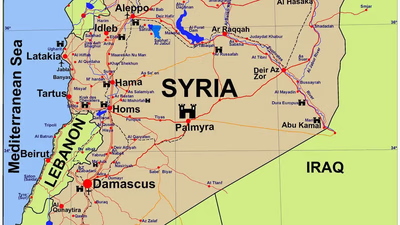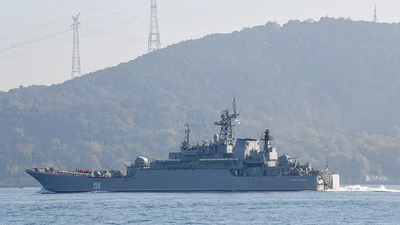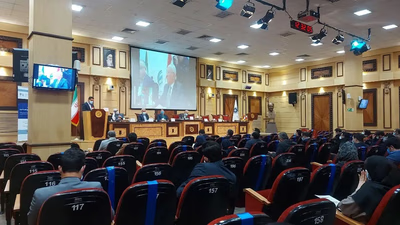
Customs procedures in Syria: Import/export compliance essentials.
Goods imported into Syria are subject to customs duties, which are levied based on the customs valuation of the goods and the applicable tariff rates. The Syrian Customs Authority determines the valuation and tariff rates for different categories of goods. Syria imposes import and export controls on certain goods for various reasons, including national security, public health, environmental protection, and cultural heritage preservation. These controls may involve licensing requirements, restrictions, or prohibitions on specific goods, such as weapons, narcotics, endangered species, and cultural artifacts. Importers and exporters should comply with these controls and obtain the necessary permits or licenses as required.
Syria employs the Harmonized System (HS) for customs classification, which is an internationally recognized system for categorizing goods. Each category in the HS is assigned a specific tariff code, which determines the applicable customs duty rates. Importers need to correctly classify their goods using the appropriate tariff code to determine the applicable duties. Syria allows for temporary importation and exportation of goods under specific conditions. Temporary imports might include items such as machinery, equipment, or goods for exhibitions or testing purposes. Importers must provide a guarantee, such as a deposit or a bond, to cover any potential duties, taxes, or other obligations during the temporary period.
Goods imported into Syria or exported from Syria must go through customs clearance procedures. This involves submitting the necessary documentation, paying applicable duties and fees, and complying with any specific requirements or controls. Once customs clearance is obtained, the goods are released for importation or exportation. Non-compliance with Syrian customs laws can result in penalties, fines, or legal consequences. Offenses may include false declarations, smuggling, undervaluation of goods, or failure to comply with licensing or permit requirements. It is important for importers and exporters to comply with customs laws and regulations to avoid penalties and ensure smooth trade operations.
Importers are generally required to submit customs declarations accurately describing the imported goods, their quantities, values, and other relevant details. Customs valuation is based on the transaction value of the goods, and the Syrian Customs Authority may verify the declared value or assess the value based on other methods if necessary. Syria has been a party to various international trade agreements and regional trade arrangements. These agreements may provide preferential treatment, such as reduced or waived customs duties, for goods originating from or destined for partner countries. Importers and exporters should be aware of the specific provisions and requirements of these trade agreements to benefit from any applicable preferential treatment.
- Foreign projects:
A foreign project company in Syria can import the required equipment or goods to complete the projects required in Syria, provided that it re-exports the equipment or goods after completion. - International Organizations:
These organizations may import the equipment or devices in question, provided that the equipment or devices are re-exported. - Tourist:
People who travel to Syria as tourists can use personal vehicles for travel for 3 months and with the possibility of extension for 1 month. - Trade Fairs:
Participants in this fair can import their goods to Syria for tax-free visits, provided that all goods are re-exported at the end. - Factories:
Factories operating in Syria can import the raw materials they need without paying taxes, provided that they operate in this country to export their products.
Some processed foods other than canned fish and those covered by the Greater Arab Free Trade Area (GAFTA). Alcohol and tobacco (only the Syrian government can import alcohol and tobacco for sale in the domestic market.) It should be noted that this country has reduced the number of items on the list of prohibited goods in the case of member countries.
The customs valuation of imported goods is determined based on the transaction value, which is the price actually paid or payable for the goods being imported. The Syrian Customs Authority may request supporting documentation, such as commercial invoices, to verify the declared value. In cases where the transaction value cannot be determined or is deemed unreliable, the customs authorities may employ alternative valuation methods. The Syrian Customs Authority has the right to conduct customs audits and inspections to ensure compliance with customs laws and regulations. These audits may involve verifying customs declarations, examining supporting documentation, and conducting physical inspections of goods. Importers and exporters should maintain proper records and documentation to facilitate the customs audit process.
Importers and exporters are required to complete the necessary customs documentation accurately and submit it to the Syrian Customs Authority. Commonly required documents include commercial invoices, packing lists, bills of lading or airway bills, certificates of origin, import/export licenses, and other relevant certificates or permits. Goods entering or leaving Syria are subject to customs procedures, which may include customs inspections, verification of customs declarations, payment of customs duties and fees, and compliance with import/export regulations. Importers and exporters should follow the prescribed customs procedures and provide accurate information to the customs authorities.




